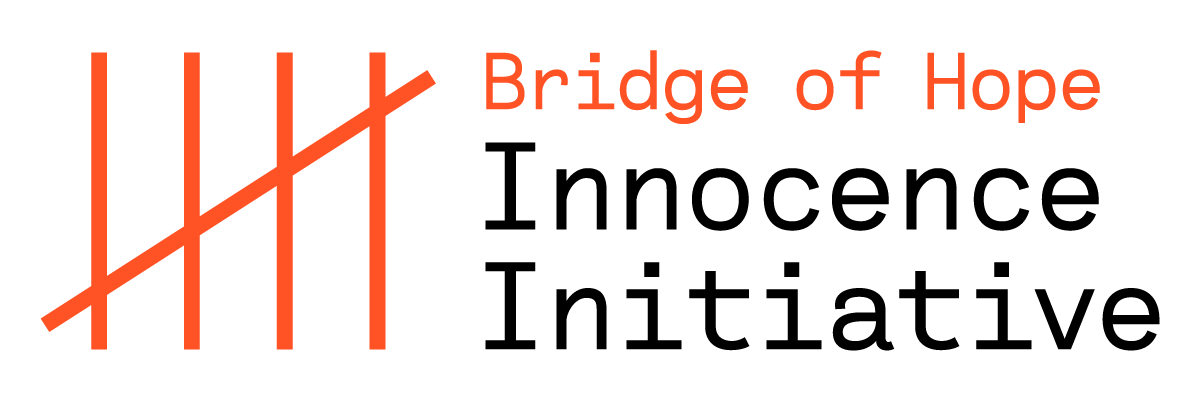Our team
Since 2014, the Bridge of Hope Innocence Initiative (BOHII) teaching team has delivered an innovative and applied work integrated learning experience for RMIT University students while raising public consciousness about errors in the criminal justice system.
Drawing on our substantial teaching experiences in criminology, law, and psychology, we created BOHII as a multi-disciplinary, on-campus workplace for students to investigate the wrongful conviction claims of incarcerated individuals.
Our unique teaching design is informed by a blend of principles of transformative pedagogy, connectivism, and collaborative problem-based and authentic learning.
What we do
Investigations.
BOHII is a multi-disciplinary campus workplace for students investigating wrongful conviction claims in collaboration with staff and industry. Students lead the investigations by first assisting with the collection and organisation of case materials, before reviewing the materials, liaising with witnesses, experts, and other parties, assisting in data analysis, preparing reports and documentation to disseminate outcomes.
Investigations that uncover evidence of a wrongful conviction are then referred to legal teams to pursue further.
Advocacy.
Through our engagement with media and government inquiries, BOHII aims to raise awareness about the prevalence of wrongful convictions in Australia and campaign for reform of errors leading to miscarriages of justice.
BOHII’s investigations have been featured in prominent media such as the Project, 60 Minutes, ABC 7.30, and ABC series Exposed: The Case of Keli Lane.
Our research is also informing policy debates around issues affecting the wrongfully convicted, for example, ‘no body, no parole’ reforms.
Education.
We saw a need to educate future criminal justice professionals with the potential to inspire policy change in their organisations about the extent of wrongful conviction, and equip students with transferable workplace skills.
Our team’s collective expertise in law, criminology, psychology, and education support BOHII’s multi-disciplinary focus and emphasis on professional skills. BOHII provides this by immersing students within real cases where individuals have claimed they experienced a wrongful conviction.
We aim for our interns to exit BOHII as more actively engaged citizens with the skills to identify societal injustice and to look for ways to redress those inequalities in their future careers.
Research.
Our multi-disciplinary team is research active across a number of topics relevant to our work at the Innocence Initiative. This includes, but is not limited to, the context of wrongful conviction in Australia, race and wrongful conviction, parole, corrections and wrongful conviction, and media and true crime.
BOHII’s strong research culture also inspires some of our students to pursue Honours and PhD degrees to further their knowledge.
Read more about our research and impact here.
“One of the things we try to do is highlight where it went wrong, why the system broke down at this time. The systems and the organisations, the people who lead these systems, don’t seem to learn from their mistakes and that’s probably the biggest problem that we face.”
Our students
BOHII is a multi-disciplinary campus workplace for students investigating wrongful conviction claims in collaboration with staff and industry. RMIT students studying one of our Criminology and Justice programs complete 20 or 50 day internships supported by tutors, mentors, and supervisors. Students work in teams to research the merits of claims including factual errors that might establish a person’s innocence. Students are trained in ethical procedures and professional communication, resilience and self-care, critical thinking, and case analysis methodologies, providing authentic learning experiences and translatable work-ready skills.
What our students say
“My view of the criminal justice system has changed enormously. I have realised the importance of scrutiny into the trial processes. We need to be aware and critical of the bias and ignorance which often occurs in our juries, judges, police and media, which can lead to a miscarriage of justice. Unfortunately, we cannot always trust that the justice system will treat us fairly, and it is in everyone’s best interest to be skeptical and critical of the processes.”
—Zoe
“Working at the Innocence Initiative has definitely challenged my own assumptions about our criminal justice system. It has taught me not to take everything at face value and to apply my critical thinking skills to evaluate thing more deeply. It has also emphasised the importance of integrity and open mindedness in all aspects of the criminal justice system such as investigations and the courts.”
—Riley
I have strongly enjoyed working closely on individual cases, reading trial transcripts, police evidence and investigating potential leads and issues in each case. Reviewing applications exposed me to a large variety of unique cases and their material, providing me an insight into a broad spectrum of potential issues and discrepancies within our justice system. All interns are encouraged to provide their own ideas on each application made, allowing us to apply strong critical thinking, have in-depth discussions and fresh sets of eyes on every case.
—Amy


